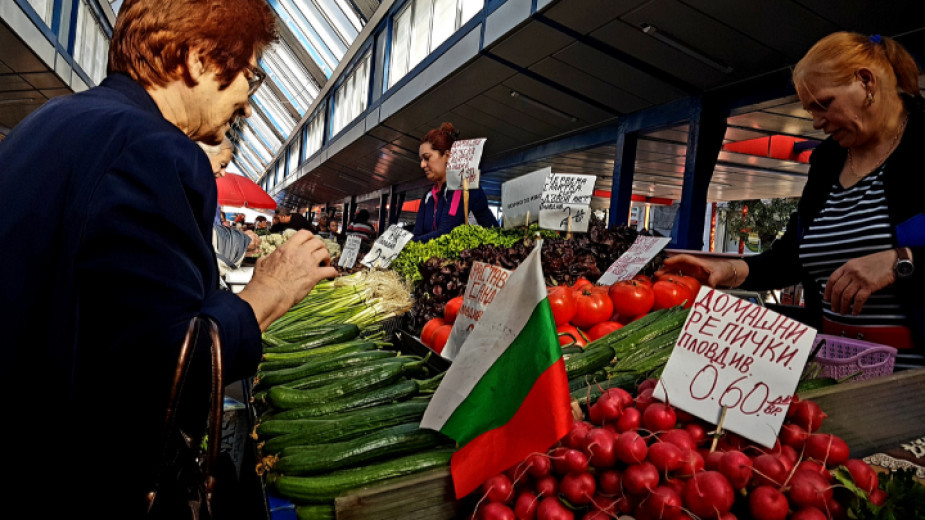Bulgaria is famous for the delicious fruits and vegetables that its land produces. Traditions in Bulgarian horticulture have paved the basis for this sector in a number of other European countries. However, it turns out that nowadays fruit and vegetable production has been constantly shrinking and is no longer able to meet the needs of the Bulgarian consumer.
Despite the European subsidies, fruit and vegetable production in this country continues to be noncompetitive and unable to meet the needs of the country, a comparative analysis of the non-governmental organization "InteliAgro" shows. Their study aims to assess how policies implemented in the sector affect the domestic market of Bulgarian products.

Data in the analysis show that Bulgaria holds one of the first places in terms of the amount of subsidies for the Fruit and Vegetable sector, but it still remains vulnerable. With an average rate of 251 euros per decare in the EU, Bulgarian horticulturists received twice as much - 541 euros.
Fruit and vegetable production in Bulgaria fails to satisfy the domestic demand when it comes to 16 out of 19 studied crops.
When it comes to some crops, such as peppers, cabbage, peaches and apples, there has been no increase in production at all between the last two European programming periods. Experts find this puzzling given the fact that in the first period, which coincides with the accession of Bulgaria to the EU (2007-2011), coupled support was not offered. In the period 2014-2020, about EUR 40 million per year have been allocated to the Fruit and Vegetable sector, as this is production-related support.

Experts recommend that in the future subsidies should be linked to proven production efficiency. Public funds should not be used to support plantations located in unsuitable areas, while investments in irrigation and hail protection in endangered areas should be obligatory when it comes to support with European funds.
Editor: E. Karkalanova /based on materials by BNR- „Horizont“ and InteliAgro/
English: Alexander Markov
Inflation in the EU in July reached 2.4% on an annual basis , according to Eurostat data. Regarding Bulgaria, European statistics report an increase in inflation to 3.4% in July this year compared to the same month last year. According to this..
For the period January-June 2025, the net flow of foreign direct investment in the country reached EUR 848 million (0.8% of GDP), which represents a decrease of EUR 31.4 million compared to the same period in 2024. In June 2025, the flow was negative..
On the world map of organic agriculture, Bulgaria is not just a dot, but a colorful mosaic of food products, carrying the aroma and taste of unspoiled nature. Our organically certified areas produce crops sought after around the world – essential oil..

+359 2 9336 661
